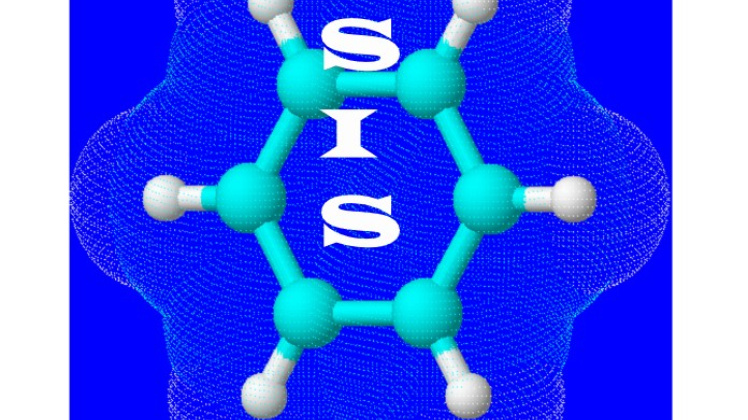About
Completed
| First and second generation biofuels include biohydrogen, biodimethyl ether, bioethanol, biodiesel, biobutanol, dimethylfuran (DMF), etc. The use of waste materials to produce these biofuels is preferred so as not compete with food sources, recycles wastes, and reduces costs. In the case of biodiesel, the type of source material (example, poultry fat versus sunflower oil) can produce different characteristics of the fuel. Currently, an overwhelming majority of the production and use of liquid biofuels is from bioethanol and biodiesel. Indeed, biodiesel production in Portugal has increased by approximately 175% within the last 3 years alone. Even though ethanol is widely produced and currently the second most popular biofuel after biodiesel to meet the EU mandate, there are several problems associated with its use, storage, and transport which include its low energy content, evaporation problems, and corrosion of transportation pipelines due to water absorption. Therefore, the biofuels industry and researchers are examining ways to increase production of other biofuels such as DMF and biobutanol as alternatives to bioethanol. Indeed, the first commercial plant for biobutanol is expected to begin production this year in the UK. Because of its widespread use in Brazil and its increasing use in the USA (originally as a replacement for MTBE), remediation technologies of ethanol in soil is well studied (20). In contrast to bioethanol, less information is known on the remediation of other biofuels such as biodiesel and biobutanol. Reports on the remediation of DMF were not found. Indeed most of the focus in the literature has been on determining the fate of biodiesel or butanol in different redox environments and in gasoline or diesel mixtures (5, 13, 17-18, 21-22, 24). However, only a few studies followed benzene (23), which is often the regulatory driver at contaminated sites. Several chemical technologies, including oxidation and reduction methods, have been developed for the remediation of fuels such as permanganate, persulfate, fenton, and zero valent iron (14, 25). However, it is not yet known what impacts biofuels mixtures would have on these technologies in terms of efficiency and remediation time. Therefore, the main goal of this project is to determine the efficacy of different remediation technologies for the cleanup of existing and emerging biofuels by proposing work designed to provide a better insight into which technologies are most cost-effective. The selection of the best technology will also incorporate a life cycle analysis (LCA), which is an effective tool that uses impact assessment methodologies with models for each impact category (climate change, abiotic resources depletion, etc.). An integrated and multidisciplinary approach that will take advantage of the extensive experience in the fields of chemistry and remediation by the research team members will meet the goals set forth in the project proposal. |
Keywords
Energy
Environment
Environmental Modelling
Mitigation and Remediation
Start Date
CERENA Role
Coordinator
Coordinator/Local PI
Former Member
CERENA Team
Proponent Institution
CERENA / Faculdade de Engenharia da Universidade do Porto
Partners
Instituto de Ciências e Tecnologias Agrárias e Agro-Alimentares - Porto (ICETA-Porto/ICETA)
Funding Programme
FCT/PTDC/AAG-TEC/4403/2012|FCOMP-01-0124-027941
Total Funding
105 502,00 €
CERENA Funding
83 280,00 €

